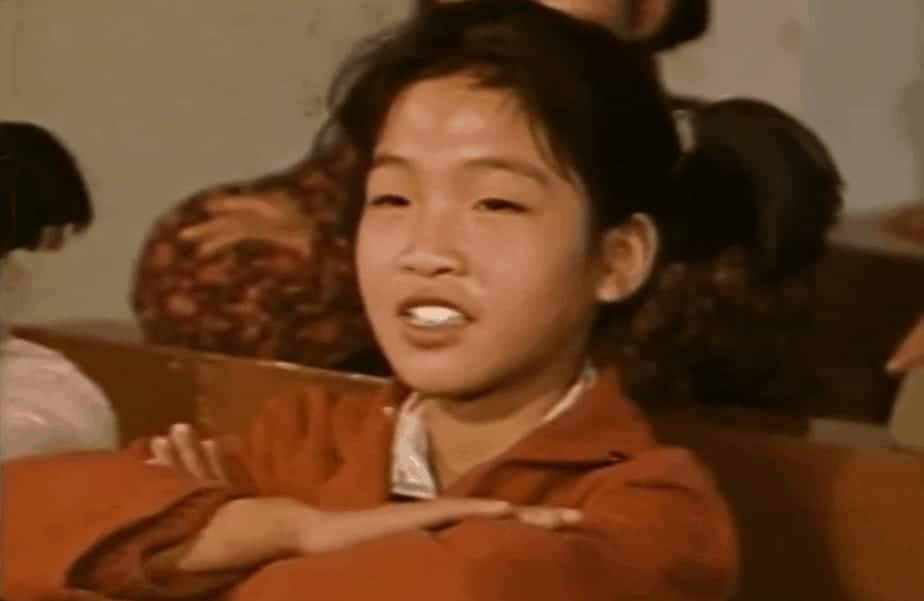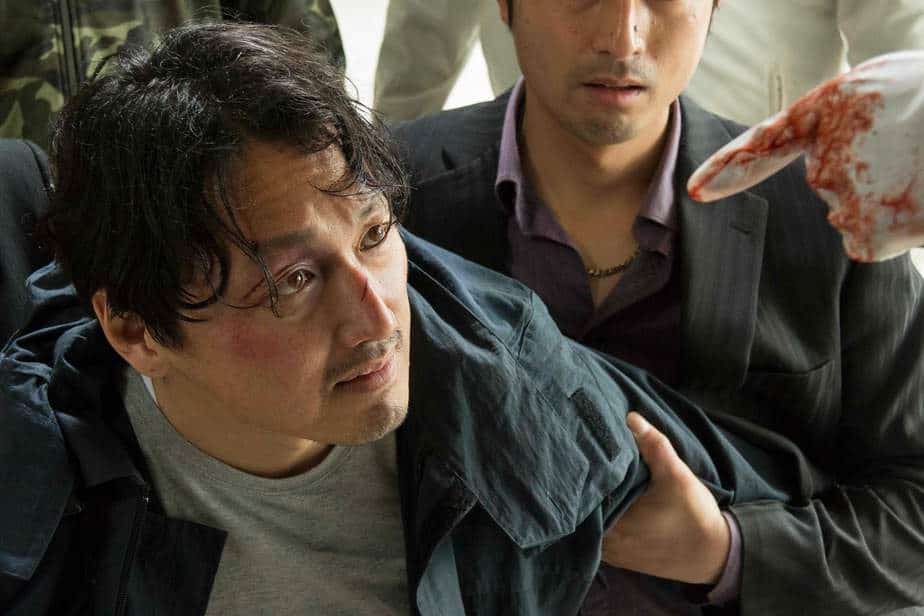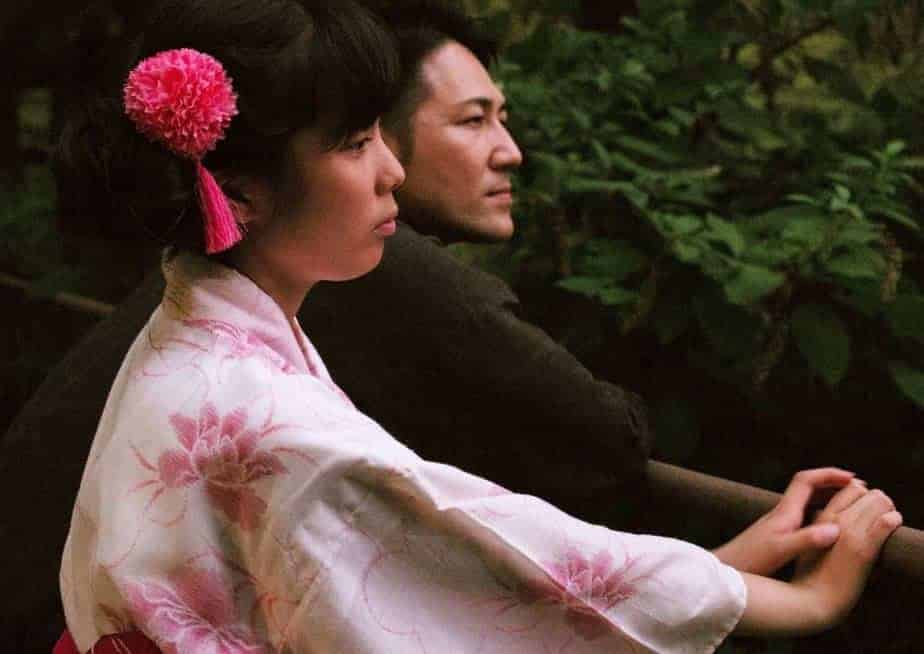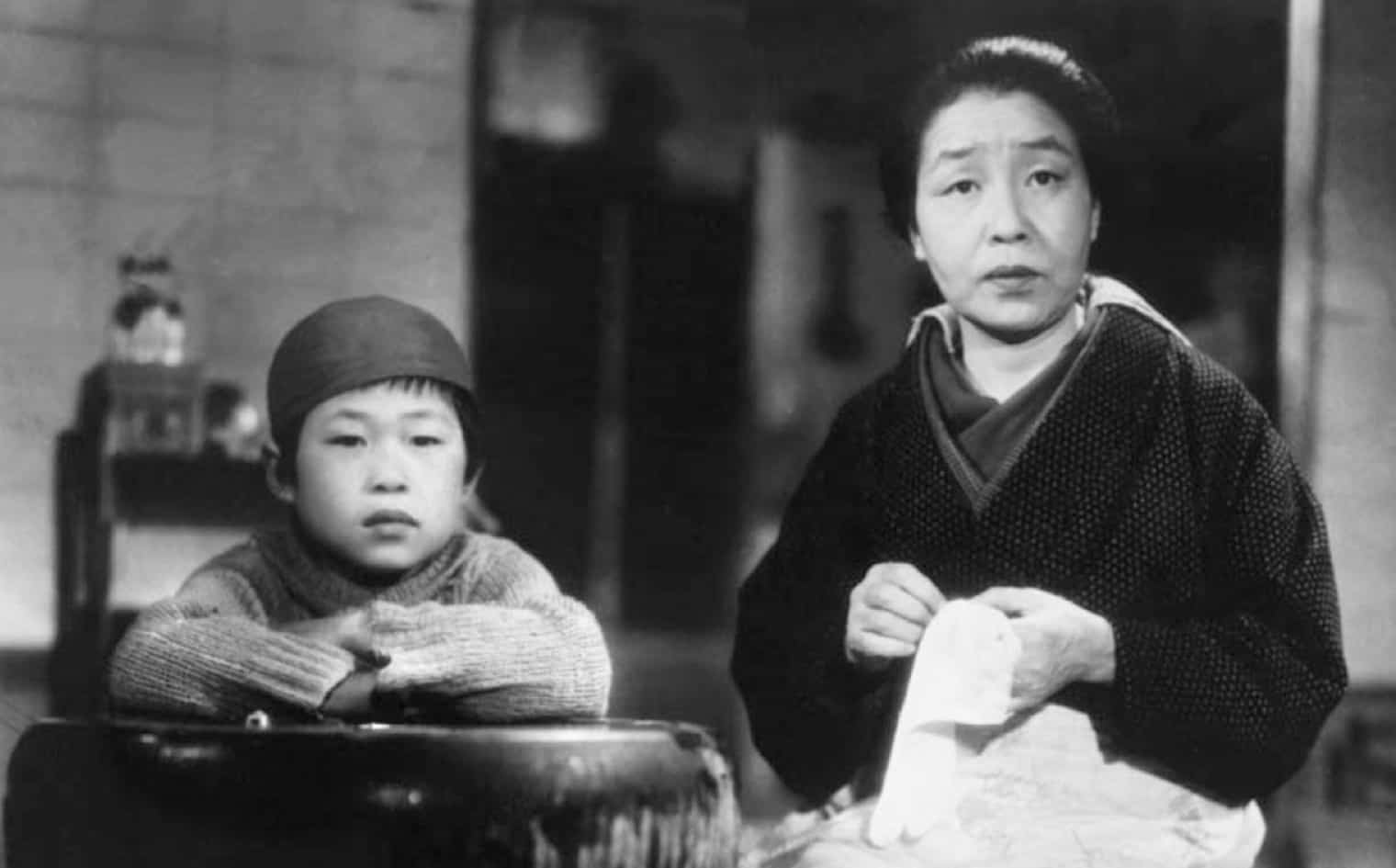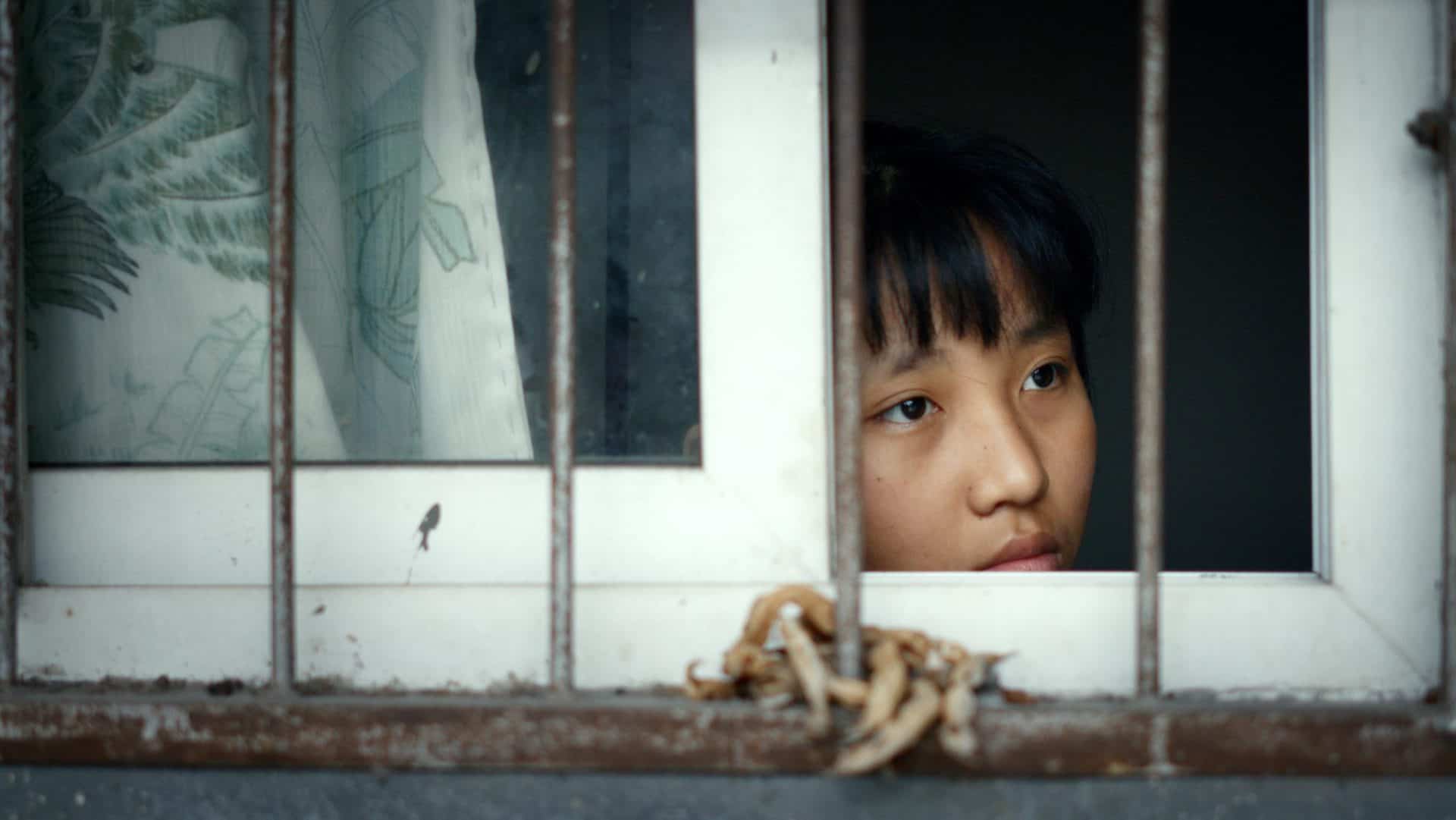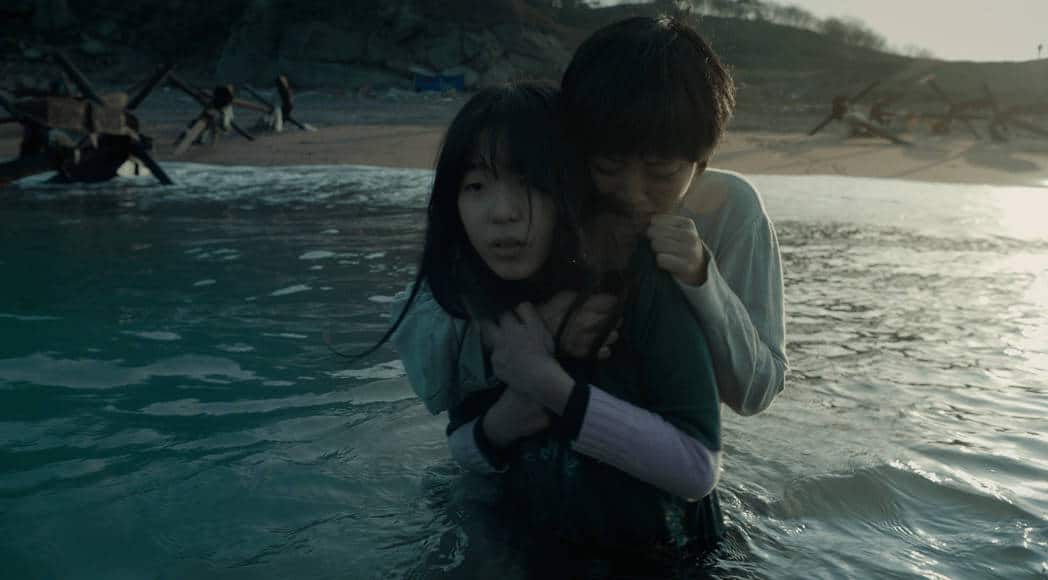On March 29th 2018 the London Society for Chinese Studies (LSCS) organised the screening of Felix Greene's documentary “One Man's China”, followed by a discussion with the Senior Lecturer in Film Studies (KCL), Dr. Victor Fan. The London Society for Chinese Studies (LSCS) is an independent student society affiliated with the Lau China Institute, King's College London and intended to encourage and promote research on China and Chinese Studies. The choice of this controversial and widely criticised documentary was indeed – in its oddity – a discussion-sparkler and a good starting point for a reflection on the perception of the Cultural Revolution in the West.
Director and documentarist Felix Greene was born in England and first visited China for the BBC. He travelled the country widely for over 20 years, in areas where no Westerner filmmaker had been before and he put together exhaustive professional film coverage of China. “One Man's China” is composed of 4 parts that – as Mr. Greene himself explains – touch only few but important topics, in the hope of illustrating a huge and complex country in the middle of putting into practice the Cultural Revolution.
The first and shorter chapter of the four (almost an introduction) shows a school for deaf children where acupuncture is used to cure and partially restore hearing. It is an ode to brave experimentalism at the service of people.
The following part is a detailed explanation of the Commune structure and its efficacy. Villages are enclosed in a Brigade and a cluster of Brigades forms a Commune. In this way the strength of a little individual grows exponentially and contributes to the collective power.
The third and longer part is dedicated to the sensitive topic of education. In the introduction, Greene explains that for 2 years during the Cultural Revolution, schools and colleges stopped functioning completely. This incredible event was then followed by a necessary reset of educational priorities. Self-sufficiency seems to be the key in Chinese schools in 1972. Since the early kindergarten years, children are considered as practical and work-orientated subjects and in Universities, students are required to do two years of practice in a factory or farm to be accepted.
Finally, the last episode reveals the philosophy and the driving force behind the incredibly rapid industrial and technological expansion that China is going through: the concept of self-reliance, accomplished within the Commune, down to the small Brigades to assure their self-sufficiency and their education in industrial production.
The documentary is certainly interesting but it cannot go unnoticed that the point of view is extremely biased and offers a rather over-positive version of the facts. The hardships that people of China were going through in those years are totally erased by this “One Man's (view of) China” and – as Dr. Fan remarked -many scenes feel and look staged. Nevertheless, the film is a stimulating occasion to discuss the motives behind this interpretation of history. One reason being surely the censor and the scrutiny that Greene had to undergo to gain approval from the Chinese Government to be allowed to film so extensively. But most intriguing is also reflecting on the fascination that European countries were feeling during those years towards an incredibly innovative utopia (at least on paper) that was inspiring and accompanying the 1968 student movement and the political turmoil of the 70s.
The rather young Chinese audience at the event looked very touched by the education part of the documentary that seemed to spark feelings of nostalgia, despite the wide chronological gap. They all agreed that school system surely has progressed at slow pace since the Cultural Revolution but it has indeed changed exponentially in the last decade.
Lastly, a comparison with the modern day Chinese filmmakers and documentarists who depict a strikingly contrasting portrait of contemporary China was inevitable. Greene's industrious and happy households against the shattered families in Wang Bing's and Lixin Fan's documentaries and the buzzing factories against the crumbling ghosts in Zhangke Jia's movies. Moreover, the ubiquitous banners with the proud motto “serve the people” reminded me of the strong ironic role they play in the recent Vivian Qu's “Angels Wear White”. It was a thought-provoking experience.


